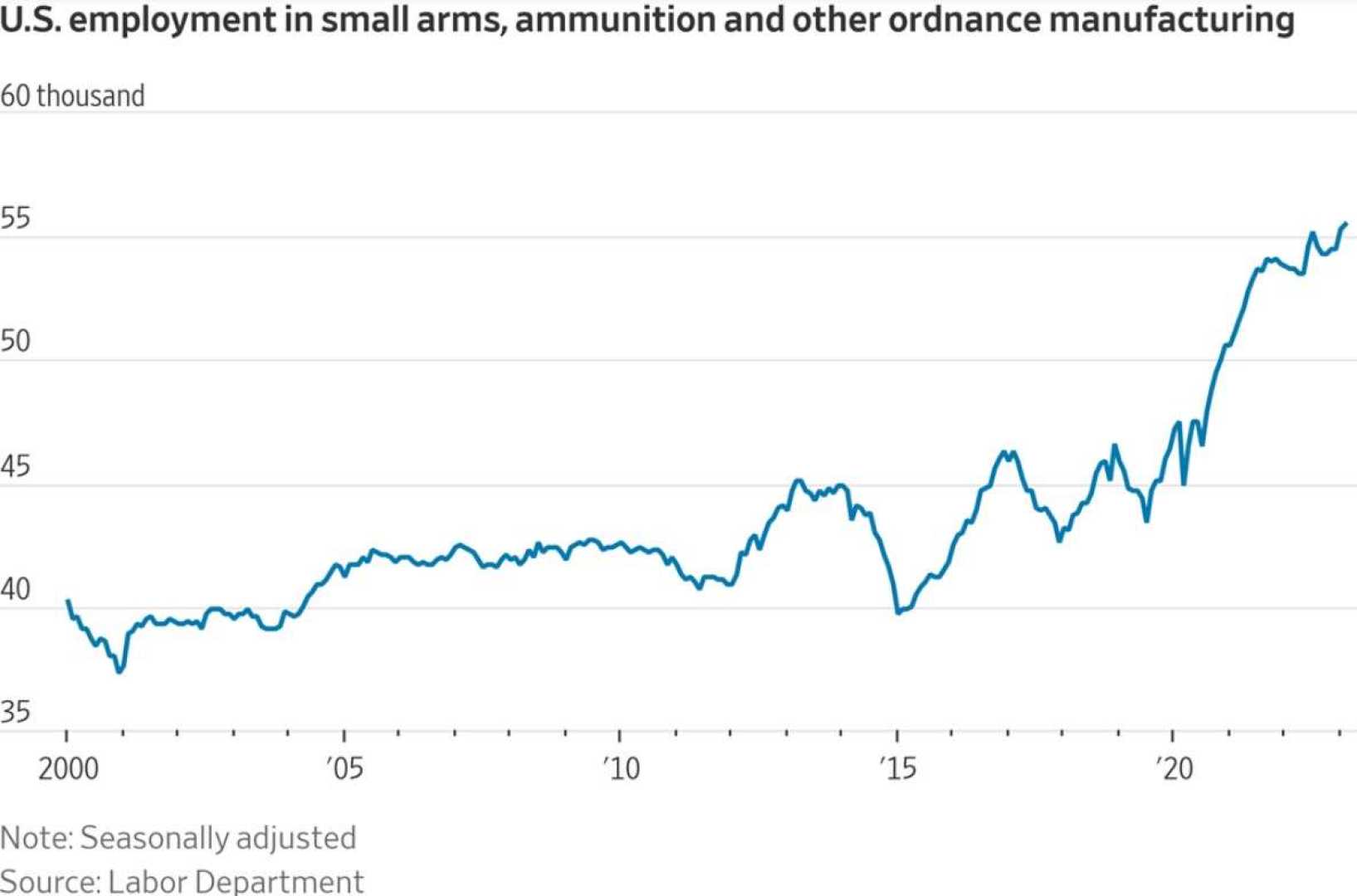Politics
Albanese Government Considers Changes to Negative Gearing Amid Election Countdown

The Australian Labor Party, led by Prime Minister Anthony Albanese, is contemplating reconsideration of negative gearing and capital gains tax concessions, igniting a debate that could play a pivotal role in the forthcoming federal election. The government’s moves, encouraged by calls from various sectors, aim to address housing affordability and fiscal concerns.
According to sources within the Labor Party, Treasury has been tasked with providing expert advice and models that explore scaling back these tax concessions. A senior Labor official—speaking anonymously—revealed that while labor seeks to understand the implications of such changes, no definitive policy decisions have been made, and the government may yet decide against action.
Prime Minister Albanese has faced queries about these potential adjustments but has refrained from confirming any official policy direction. On national radio, Albanese emphasized the importance of Treasury’s independent analysis, stating, “We value the public service, and from time to time, they look at a range of policy ideas.”
The potential policy changes have elicited varied responses from political opponents. Greens leader Adam Bandt has advocated for the end of negative gearing, illustrating this as a path to alleviating housing supply issues. Conversely, Coalition finance spokesperson Jane Hume cautioned against the unintended consequences such changes might have on rental supply and costs.
“Removing tax incentives for investors can lead to fewer rental properties, potentially increasing rents,” Hume highlighted during her appearance on ABC’s News Breakfast. This underscores the Coalition’s opposition to significant changes to negative gearing that could destabilize the current property market dynamics.
The issue of negative gearing has long been contentious in Australian politics. It allows property investors to offset losses made from properties against their taxable income. This, coupled with a 50 percent capital gains tax discount, creates lucrative tax conditions for investors, encouraged by previous Coalition policies.
The Labor Party’s history with negative gearing isn’t new; it proposed restrictions during the 2019 federal election, a campaign it ultimately lost. At that time, the policy aimed to limit negative gearing to newly built properties, while protecting existing investments.
As the political landscape heats up with these announcements, the government’s current housing policies, including the Build to Rent and Help to Buy schemes, remain gridlocked in the Senate. These initiatives are designed to boost housing supply and offer financial aid to first-time homebuyers, but they face resistance without bipartisan support.
Opposition Leader Peter Dutton has hinted at introducing new measures to help young Australians secure their first homes, as part of a broader strategic approach to counter the Labor Party’s proposed tax strategy.
As discussions continue and proposals are evaluated, the Albanese government appears to be navigating a complex array of political, economic, and social factors that affect the housing sector. Meanwhile, the broader public debate about tax reforms and housing policies remains lively, with experts and analysts weighing in on the implications of possible policy shifts.












